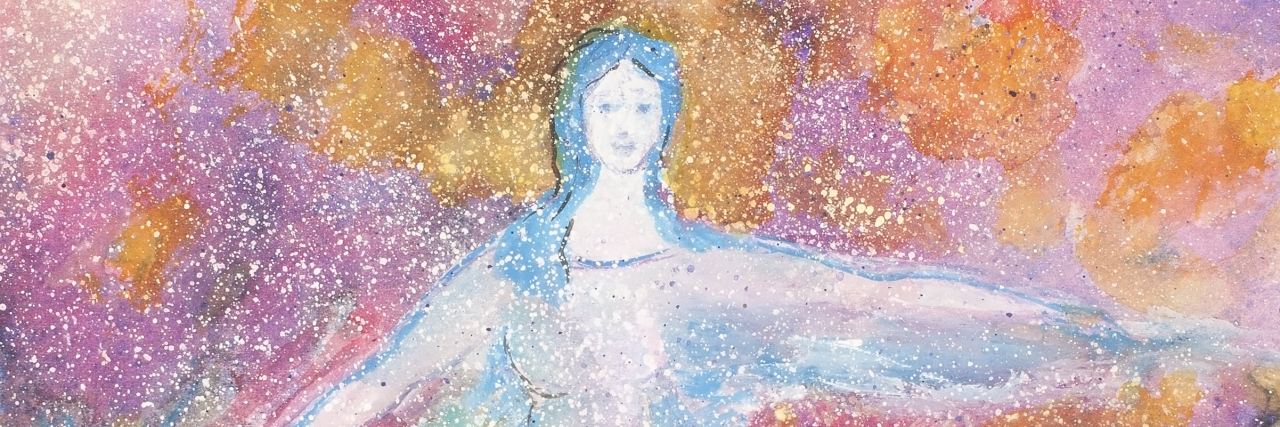December 3 was International Day of People With Disabilities. The theme this year was “not all disabilities are visible” — a topic that is very close to my heart as someone who lives with an invisible disability. During the course of that day I had a call from a medical professional offering me a telephone appointment that I’ve been waiting to get for quite a while.
- What is Fibromyalgia?
- What Are Common Fibromyalgia Symptoms?
She went through some standard data protection questions and then stated, while dressing it up as a question, “You’re not disabled, but you have fibromyalgia, is that right?” I actually did one of those sharp intakes of breath people do in the movies, sucking in air like a marooned fish. Because no, it’s not right, actually. I forced myself to smile so the annoyance wasn’t prevalent in my voice as I replied, “Fibromyalgia is a registered disability, albeit an invisible one, so please update your records.”
This stuff really boils my blood. Even the medical profession isn’t always recognizing invisible disabilities for what they are — disabilities — and casting us aside with “conditions” they believe to be just merely inconvenient. I’m quite sick of it, to be honest. I rarely complain about the health care profession. Despite having a long and grueling journey to diagnosis, I know they are still learning, as we all are, about rare diseases and conditions not obviously visible. However, this was someone who was staring at my healthcare records and still dismissing my diagnosis.
It took me nearly 10 years to get accurately diagnosed with fibromyalgia. I’ve had four surgical investigations and trialed medications from almost every corner of the world along with homeopathic remedies and promises of a cure. When I finally got a diagnosis, I clung on to it, not because I wear it as a badge of honor, but because it validates my pain. It means it’s not all in my head. So when someone in the medical field says “you’re not disabled” before recognizing my condition and accepting its validity as a recognized disability, they are doing me a disservice. Not just me either, every person out there with a disability that isn’t visible because our limbs might be intact and work, we might be able to walk unaided and have two working arms, have great eyesight and hearing, but that doesn’t mean we’re not at a physical or mental disadvantage. Overlooking someone’s diagnosis because you have little knowledge of its impact, or not choosing to educate yourself is careless when it’s part of your job.
I don’t expect people I meet on the street to recognize my condition, because as we’ve established, it’s invisible most of the time, maybe only made visible by the pain etched on my face. On a bad flare day, I can’t get myself dressed; to shower leaves my limbs feeling like they have been filled with lead. On a bad flare day, I can become so fatigued it’s dangerous for me to drive. I can’t carry a handbag because it’s too heavy. I may be able to do “normal” things some of the time, but that doesn’t reduce my pain. I cannot live a life without support, medically or otherwise, and therefore I am disabled. Not everyone will understand our disabilities, and that’s OK, but education is key, before throwaway comments like “you’re not disabled” eat away at the psyche of those of us that do consider ourselves as such.
Disabled is not a bad word. A disability isn’t something to be pitied. Making the effort to understand before passing comment is crucial for us to live in a freer and more inclusive society. When we open our eyes to the differences among us, we make way for brighter futures, for community building and for trust.
Getty image by MarinkaG.

